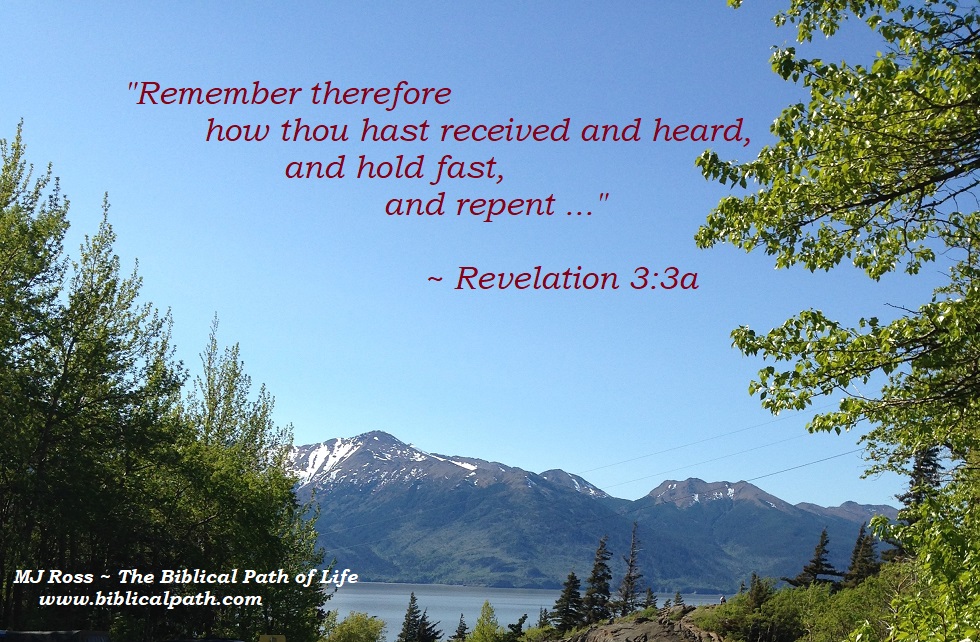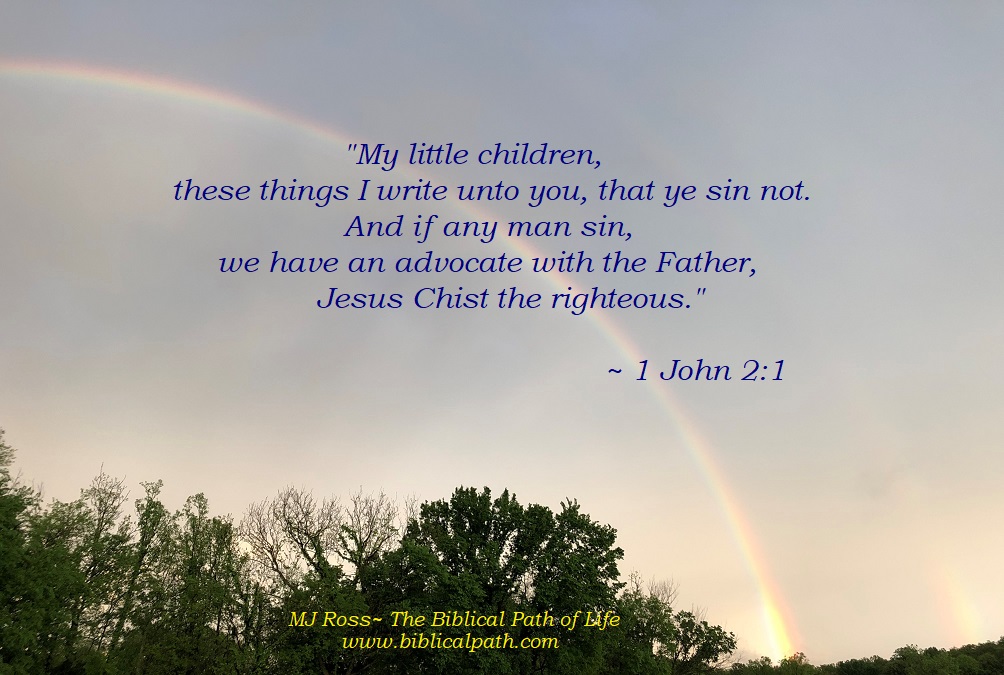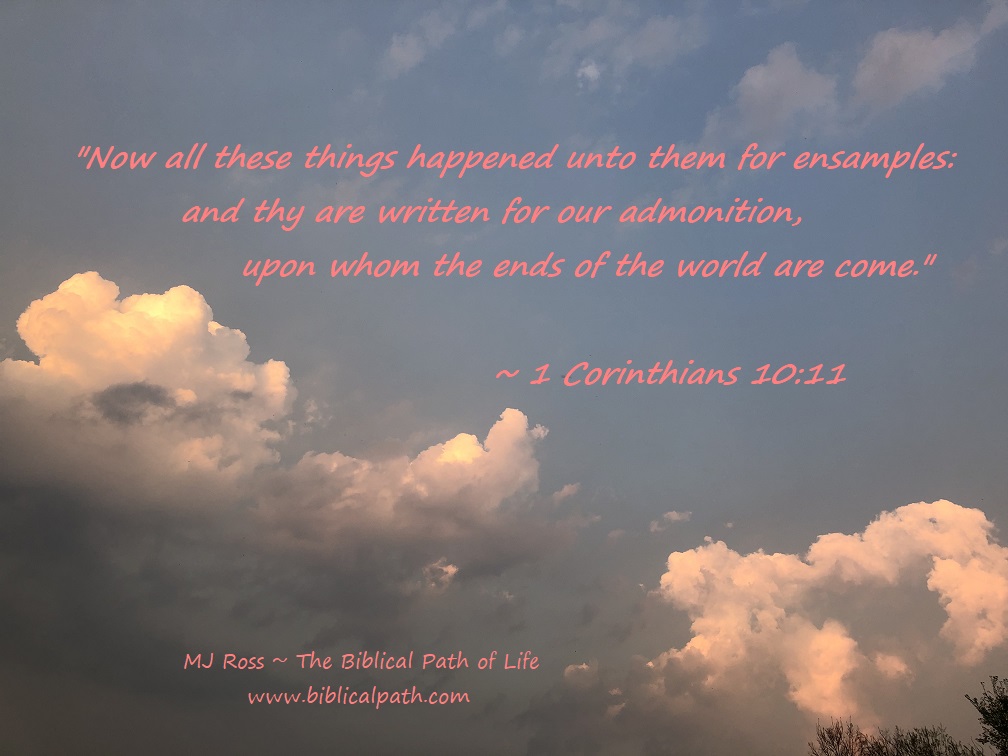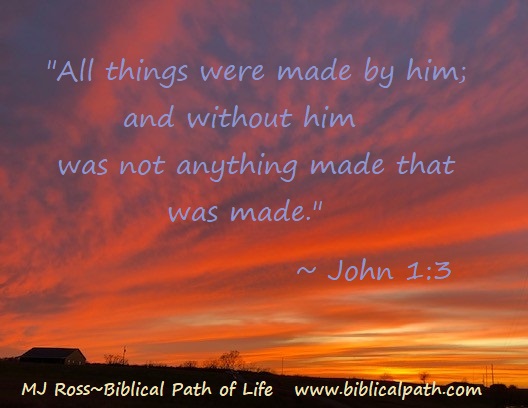
Revelation 3:3a
Do you remember anything you have learned from the Bible? It is important to daily read God’s Word. If you do not read it, you will not remember it. Remember is the key word. If we do not remember and hold fast to what we learn from God’s Word, we will never grow in Christ. The more we learn about God’s Word, the more we will want to be like Him. By learning the history in the Bible, we will understand the significance of why things happened. God had a plan, which is hard to understand unless you learn the Old Testament history. While it was happening, men did not fully understand what that plan was, but through faith, they believed. The more we learn, the more pieces of the puzzle we can fit together. Each piece helps us become better students of God’s Word, which helps us become better Christians.
For instance, remember the book of Judges. The dominant theme within the book is this: “In those days there was no king in Israel: every man did that which was right in his own eyes” (Judges 21:25). Notice that it doesn’t say they did wrong, men thought what they were doing was right. But also notice this: “And the children of Israel did evil in the sight of the LORD, and forgat the LORD their God, and served Baalim and the groves” (Judges 3:7). Although it didn’t appear wrong to them, it was wrong in God’s eyes. They did not obey the commands God had given them.
There was a vicious cycle that occurred in Judges:
- The people forsook God.
- God allowed the enemy to oppress the people.
- The people cried out to God.
- God sent a deliverer (a judge) to end the oppression.
In Judges, the people as a whole rejected God.
But then we remember the book of Ruth. It is a breath of fresh air in a time of turmoil in the nation of Israel, for it is a picture of redemption. Ruth was a Gentile (a Moabitess) who lived in a pagan land. She did not know the true God. When an Israelite family moved to Moab because of a drought in Israel, Ruth married into this family and heard of God. When her husband, father-in-law, and brother-in-law died, she returned with her mother-in-law to the land of Israel. Because she had recognized a light in her dark world, she wanted to follow that light. She had learned of God and did not want to lose that. Her view is clearly stated: “16. And Ruth said, Intreat me not to leave thee, or to return from following after thee: for whither thou goest, I will go; and where thou lodgest, I will lodge: thy people shall be my people, and thy God my God: 17. Where thou diest, will I die, and there will I be buried: the LORD do so to me, and more also, if ought but death part thee and me” (Ruth 1:16-17). It was there after being redeemed by a kinsman, that she forever became a part of Jesus’ genealogy. She was the great-grandmother of King David.
One important thing about studying the history in the Bible is to be aware of God’s plan for His people. As we consider what God’s Word says, we should understand how it fits together, much like pieces of a puzzle. As we try to keep in mind and hold fast to the things we learn from God’s Word, it will help us recognize God’s plan for our lives. We must remember what God’s Word says.
Have you recognized God’s plan in your life?
Also published at Lighthouse Gospel Beacon.








